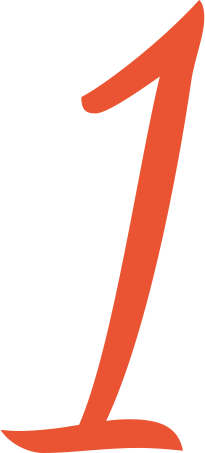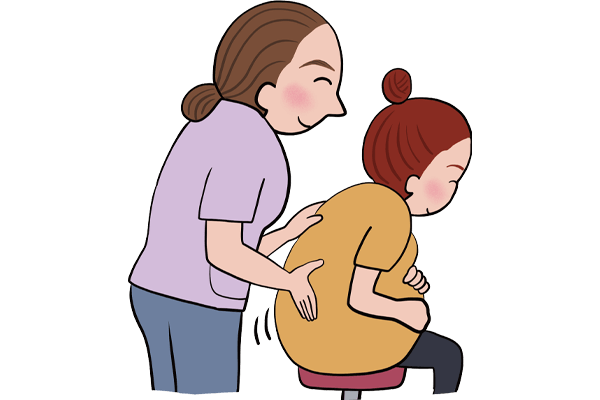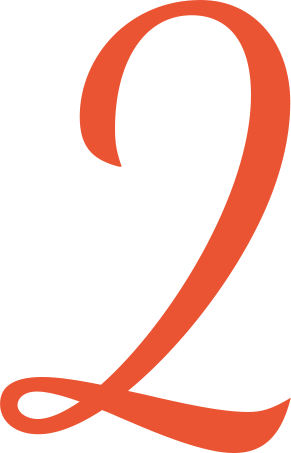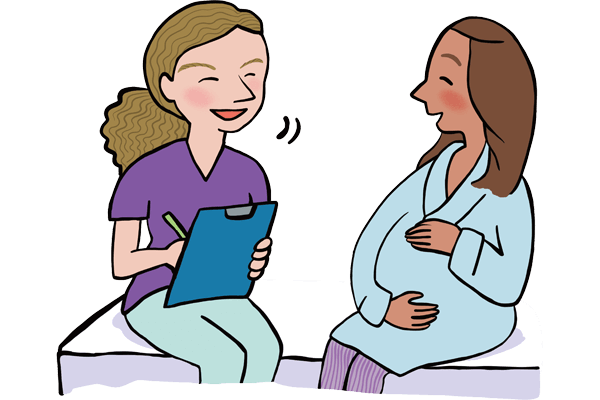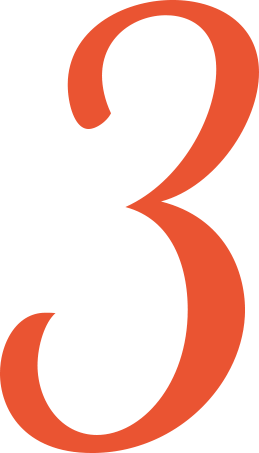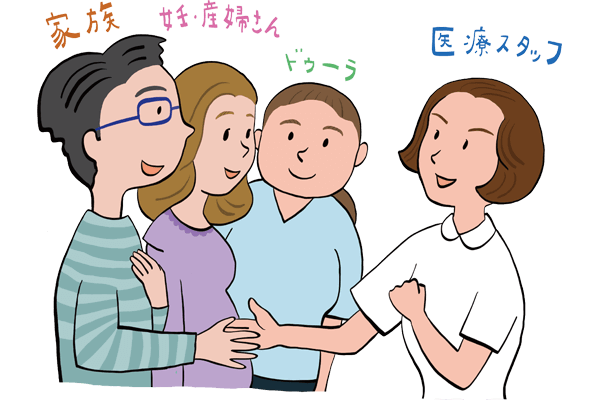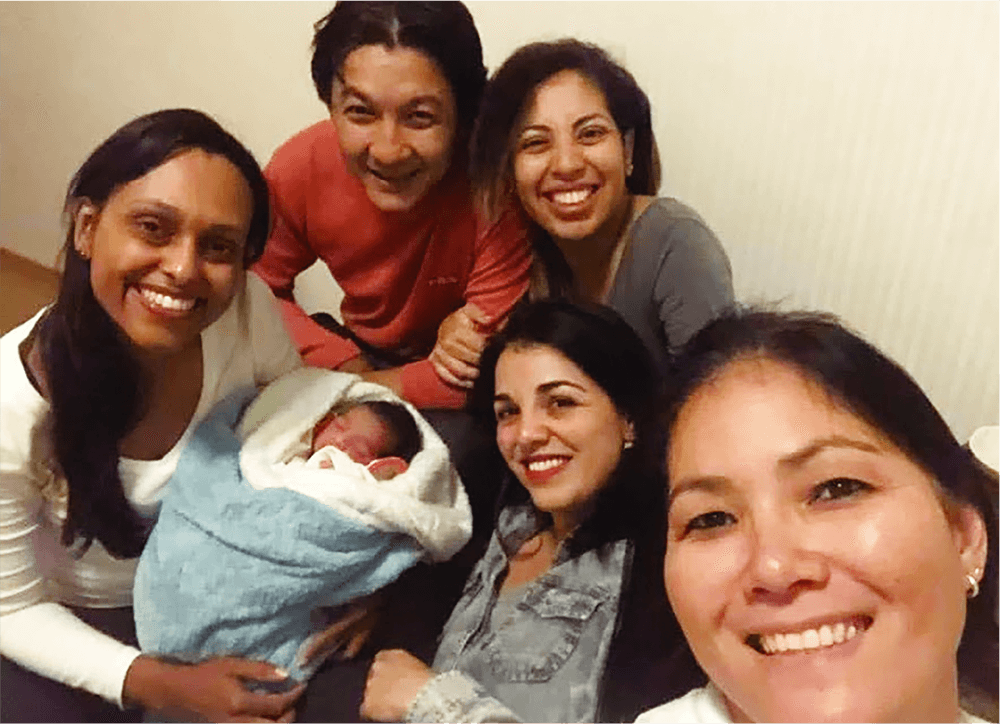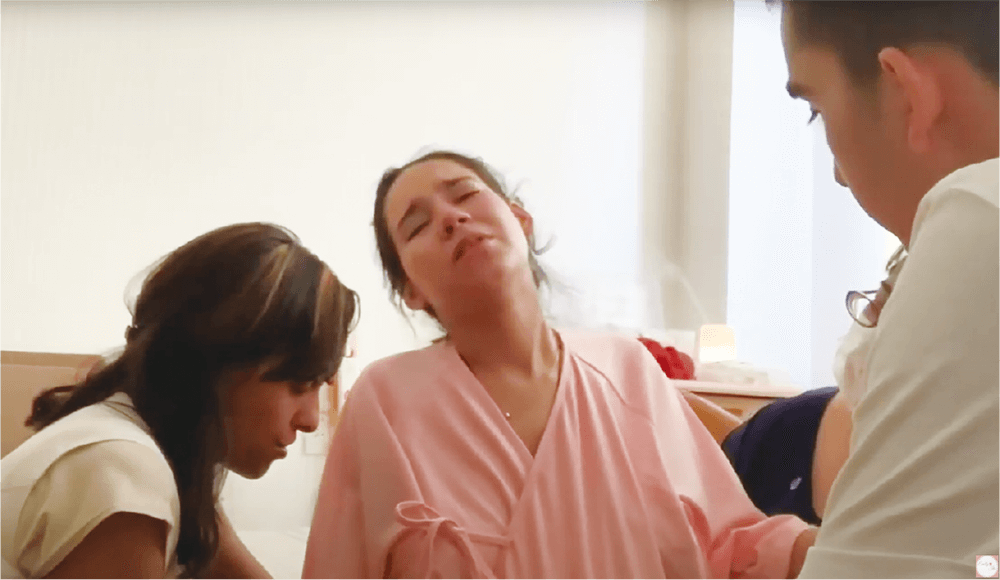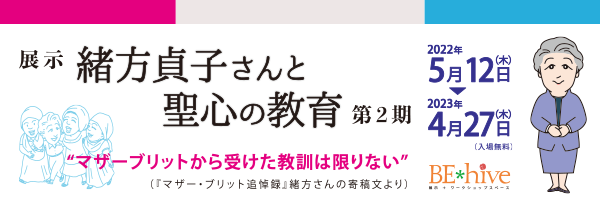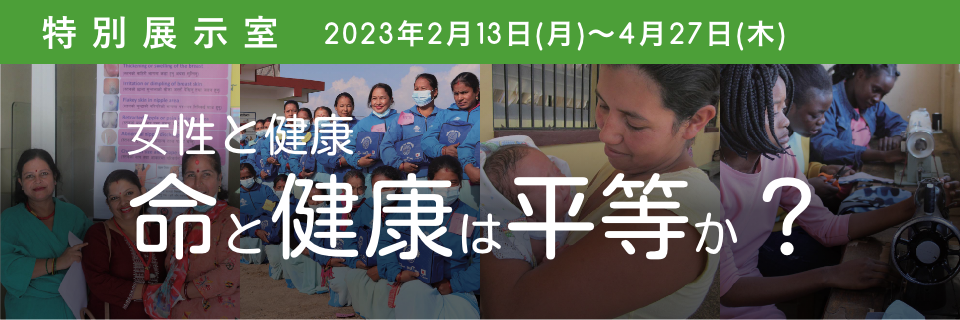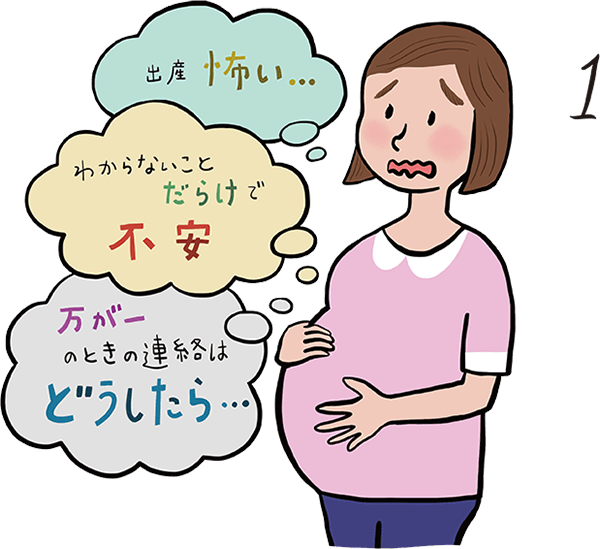
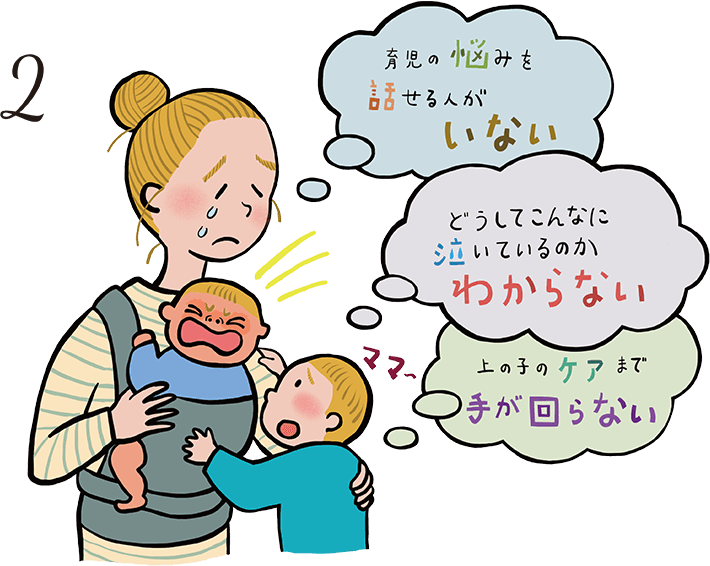
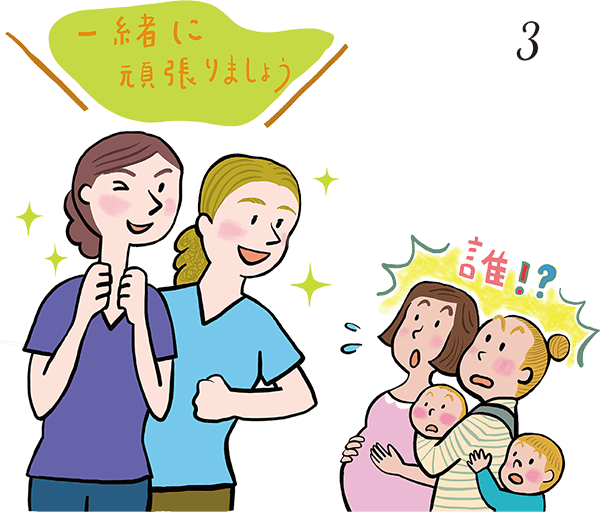
Examples of support for mothers and children
Doula
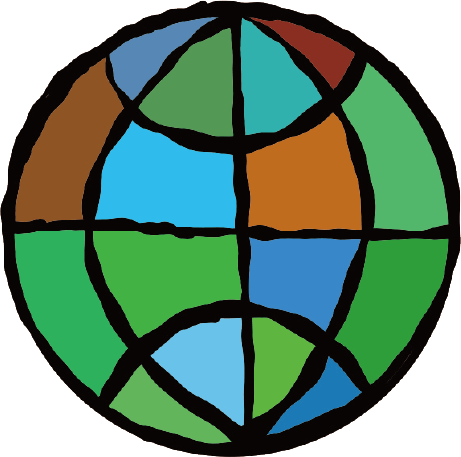 Worldwide
Worldwide
This profession gained momentum after 1990, mainly in highly developed countries in Europe and the United States, and is now being trained for and registered across the world. It provides ongoing physical, psychological, and other kinds of support to women and their families from pregnancy to delivery. Many studies have shown that expectant mothers who receive such support have safe deliveries and are satisfied with their results. Postpartum women, who make home visits after delivery, have also been trained in Japan and are expanding their field of activities.
Neuvola
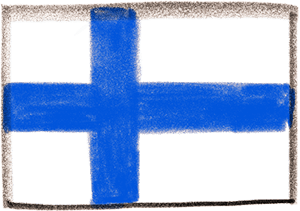 Finland
Finland
A Neuvola is a pregnancy and childcare support facility that provides seamless support for mothers, children, and families from pregnancy through delivery and before the child starts school. When a woman visits Neuvola after finding out that she is pregnant, a public health nurse certified as a midwife is assigned to her. The public health nurse issues a maternity health handbook and is in charge of medical checkups for pregnant women, infants, women’s partners, and siblings.
Kraamzorg
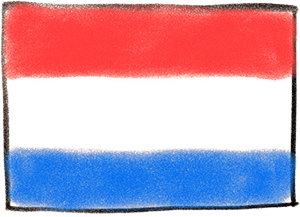 The Netherlands
The Netherlands
Kraamzorg (postpartum helper) is a support system for delivery and postpartum care, the costs of which are covered by medical insurance. They assist midwives during home delivery, maternity hotels, or hospital delivery, and make daily home visits for eight days after delivery to care for the mother and child. They teach the mother and family about the knowledge needed after birth, how to care for the baby, and if there is time, they assist with household chores, such as cleaning and laundry.
What about in Japan?
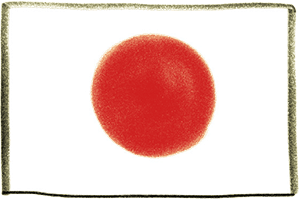 Japan
Japan
The Maternal and Child Health Act is a law designed to protect the health of mothers and children. It stipulates that public health nurses and midwives in municipalities visit pregnant women and families where children are born in the community, to provide counseling and support for their daily lives and childcare. A system of seamless support from pregnancy to child rearing has been established, centering on Inclusive Support Center for the Childcaring Generation (maternal and child health) and the Comprehensive Support Center for Children and Families (child welfare).








 For the comfort of the family
For the comfort of the family
